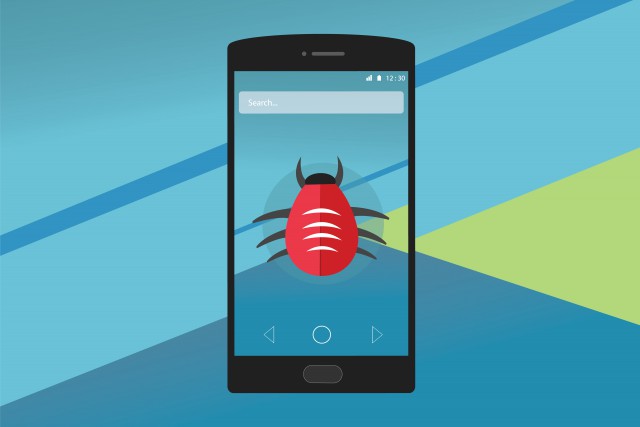
Google Play apps spread malware through advertising SDK
Through the use of an advertising software development kit contained in 500 apps on the Google Play Store, cybercriminals were able to spy on users and even infect their mobile devices with malware.
That's according to security firm Lookout, which discovered that the Android apps in question all had the lgexin ad SDK built into them which gave unauthorized third parties access to user devices.

PowerPoint vulnerability enables malware spreading
Researchers have discovered that cyber attackers are exploiting a vulnerability that allows them to elude antivirus software to deliver malware via Microsoft PowerPoint.
The flaw itself exists in the Windows Object Linking and Embedding (OLE) interface and attackers have previously used it to deliver infected Rich Text File (.RTF) documents. Trend Micro's researchers noticed that attackers have now infected PowerPoint files to deliver malicious code.

Malware attacks rising thanks to leaked exploits
Malware threats have reached dangerously high levels, according to a new report that highlights the sheer scale of threats facing businesses today.
The latest Kaspersky Lab Malware report, covering the three months of Q2 2017, claims that Kaspersky Lab's products blocked more than five million attacks involving exploits in this time period.

Researchers hack a computer using malware injected into DNA
Security researchers have managed to infect a computer with malware embedded in a strand of human DNA.
The news sounds like a science-fiction writer's dream, but when biologists want to handle large amounts of DNA samples, they need to digitize them and process them on their computers. But the software that they use to process these samples is usually open-source and often doesn't follow security best practices.
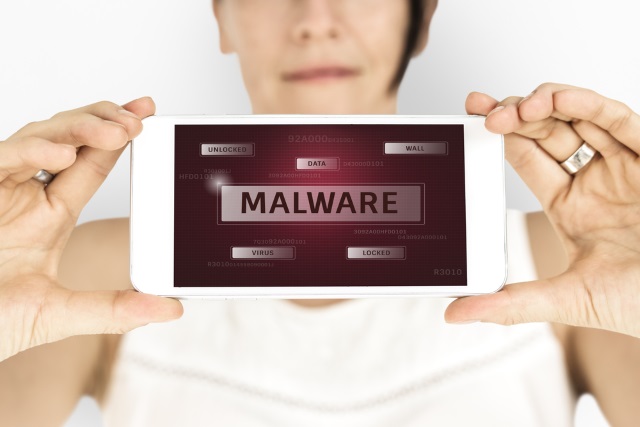
Privacy warning: Android apps infected with SonicSpy spyware can record audio
Security researchers from Lookout are warning about raft of spyware-infected apps that have been found in Google Play. Seemingly connected to Iraq, more than a thousand apps hve been found to include SonicSpy spyware.
The spyware is embedded in a variety of legitimate-looking apps, such as messaging tools based on Telegram. One such example is an app called Soniac which was found to be capable of not only recording audio and retrieving contacts, but also taking photos and gathering phone logs. Lookout warns that SonicSpy is sneaky, and tries to hide from users to avoid detection.
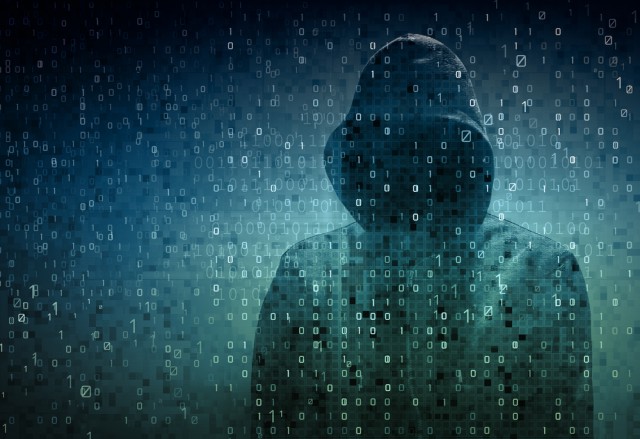
Malicious SSL content more than doubles in six months
As the overall percentage of encrypted traffic increases, hackers are increasingly using SSL to conceal device infections, and hide their other activities.
A new study from Zscaler finds that an average of 60 percent of the transactions in the Zscaler security cloud have been delivered over SSL/TLS.

Amazon suspends Blu smartphone sales over spyware concerns
Amazon has once again decided to suspend sales of the popular budget Android smartphone maker Blu as many of its devices came preloaded with spyware.
The Miami-based company has been suspended from selling its phones on the e-commerce site after cybersecurity experts at Kryptowire revealed that software on its devices was collecting sensitive user data and sending it to China.
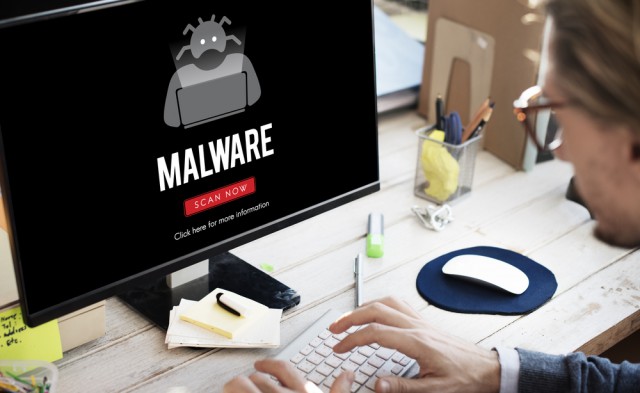
OpenAI framework used to create undetectable malware
Some of the most notable machine learning tools can be hijacked in order to create super-powerful malware capable of bypassing most anti-virus systems, researchers have claimed.
At the recent DEF CON event, security company Endgame revealed how it created customized malware using Elon Musk's own OpenAI framework that security engines were unable to detect.
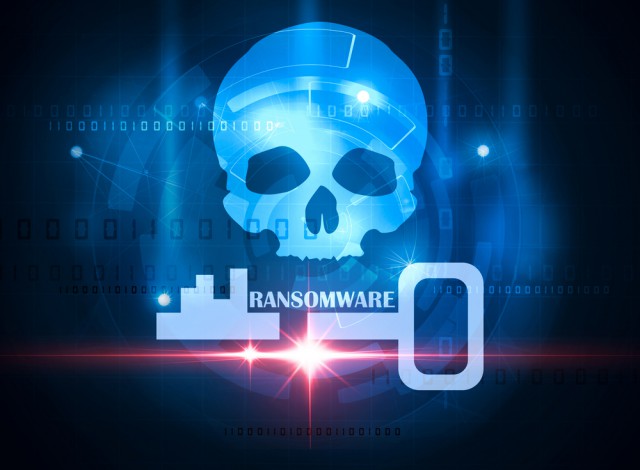
NotPetya isn't your typical ransomware
Ransomware is often considered a somewhat low-stakes annoyance: in most cases, the data itself doesn’t leave the network and public operations aren’t compromised. NotPetya changed the game -- it’s shown us the potential of how wildly damaging ransomware infections can be from here on out. It can feel like science fiction at times, but is now utterly reasonable to consider any data or device with a CPU and memory on your network as something that can be held hostage by ransomware.
Ransomware has proven to be a lucrative endeavor: more and more central and important systems are being targeted. Cryptolocker targeted family photos. Later variants somewhat indiscriminately encrypted any user file they had access to -- and last month, we saw NotPetya locking out machines entirely.

Fruitfly malware starts infecting Macs
A new version of the Mac malware dubbed Fruitfly has been spotted in the wild, and it’s unclear if the latest macOS is vulnerable to it or not.
This is according to former NSA hacker and chief security researcher at Synack, Patrick Wardle. He told ZDNet that the malware, which was first revealed back in January, can take full control of an infected machine, including files, camera, screen, and peripherals.

WikiLeaks: CIA analyzed Russian and Chinese malware to inspire its own hacking and surveillance tools
Some four months after the first Vault 7 leak, WikiLeaks continues to publish revealing CIA documents that detail the agency's ability to hack, infiltrate and surveil targets. The latest batch goes under the banner "UCL / Raytheon", and comprises documents from CIA contractor Raytheon Blackbird Technologies.
Dating from late 2014 and late 2015, the documents show how the CIA, through Raytheon Blackbird Technologies, monitored malware in the wild to see how it could be used by the agency. The documents cover tools produced by the infamous Hacking Team as well as the Russian HammerToss malware delivered via Twitter.

Goldeneye attack is not ransomware
On June 27, reports of a rapidly spreading ransomware attack started to emerge from Ukraine. The speed at which critical infrastructure networks were shutting down pointed to a ransomware application with a wormable component, whose virality called to mind the WannaCry ransomware. In less than three hours, the infection crippled banks, ATMs, public transport and an airport, as well as utilities provider Kyivenergo. Then it spread outside the Ukraine.
As multiple critical infrastructure networks reported major blackouts, Bitdefender started an internal investigation over isolated malware samples to trace the attack’s origin and better understand what it targeted, and how.

The US states with the highest malware infection rates
Computer users in New Hampshire are three times more likely than those elsewhere in the US to get a malware infection on their computers according to a new report.
The study from Enigma Software Group (ESG), the company behind SpyHunter, analyzed over 1.5 million infections detected by SpyHunter across all 50 states in the first six months of this year.

Kaspersky BitScout tool lets security researchers collect forensic information
Just like in a real-life crime scene, forensic evidence for cyber-crimes must not be tampered with. That's why sometimes investigations take too long -- forensic researchers need a lot of time to reach the crime scene and extract malware samples without compromising evidence.
Kaspersky Lab identified this as a huge pain point in the combat against cyber-crime, and has since released a tool to help all researchers do their work faster and with more precision.
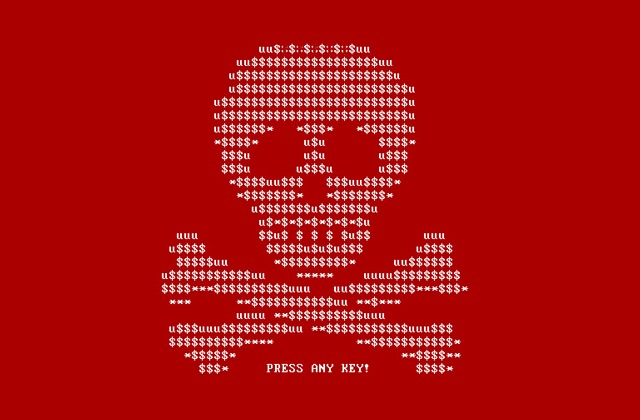
Petya author releases master decryption key for all versions of the ransomware
The Petya ransomware -- and several variants -- wreaked havoc with data around the world, but now the author of the original malware has released the master decryption key.
Janus Cybercrime Solutions has provided a key that work with all "official" variants of Petya (meaning NotPetya is not included). The key was released to -- of all places -- Mega, and its authenticity has been verified. While Petya has already been cracked, the key offers the fastest and most reliable decryption method yet.
